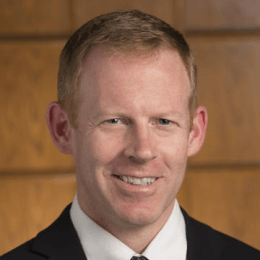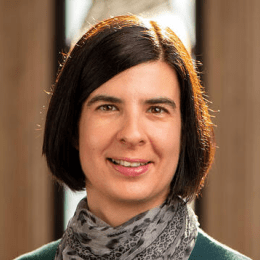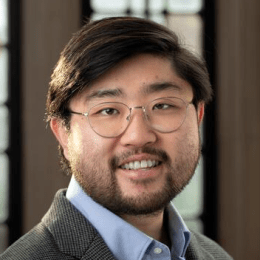Division of Social Science
Wide-ranging expertise
The faculty of the FAS Social Science division are experts in politics, economics, society, and the human mind. Their methods are cutting edge, ranging from data-driven statistical analysis to ethnography and fieldwork; from polling and surveys to neuroimaging. Their work leads to new understandings of social and political systems and the nature of human interaction and thought.
The acting divisional dean of Social Science is Alan Gerber.

Social Science departments and programs
The FAS is home to seven social science departments: Anthropology, Economics, Linguistics, Political Science, Psychology, Sociology, and Statistics and Data Science. In addition, several programs are cross-divisional, bridging Social Science and Humanities.
News

How the mind and body make music
Samuel McDougle, Assistant Professor of Psychology, was awarded a 2024–25 Arthur Greer Memorial Prize from the FAS for his groundbreaking work to understand how cognition interacts with the body’s movements.
Yale political scientist Stephen Skowronek explores how American democracy may have outgrown the Constitution
Skowronek, Pelatiah Perit Professor of Political Science and Professor in the Institution for Social and Policy Studies, discusses his new book "The Adaptability Paradox" and the state of America's democracy.
The Lasting Impact of Economist Steve Berry’s Work — Through the Eyes of Colleagues and Students
From the lecture hall to the FTC’s courtrooms, from tech giants to housing markets, Sterling Professor of Economics Steve Berry’s work has left a deep imprint on the field of economics.
New research from Yale economists shows that tariffs lead to smaller deficits, higher prices, and lower real consumption in the U.S.
Yale-led research introduces a new framework to show how protectionist policies ripple through global markets, reducing U.S. deficits but eroding real consumption.
At the forefront of economics
Can the field of economics help to achieve greater equality? Rohini Pande, economist and Director of the Yale Economic Growth Center, believes economists should consider notions of justice, not just efficiency. As part of a large study, she and her colleagues, along with researchers from the Inclusion Economics initiative, are currently surveying over 5,000 Indian women to better understand a major gender disparity in mobile phone use in the country and whether government policies might be needed to correct the imbalance.




